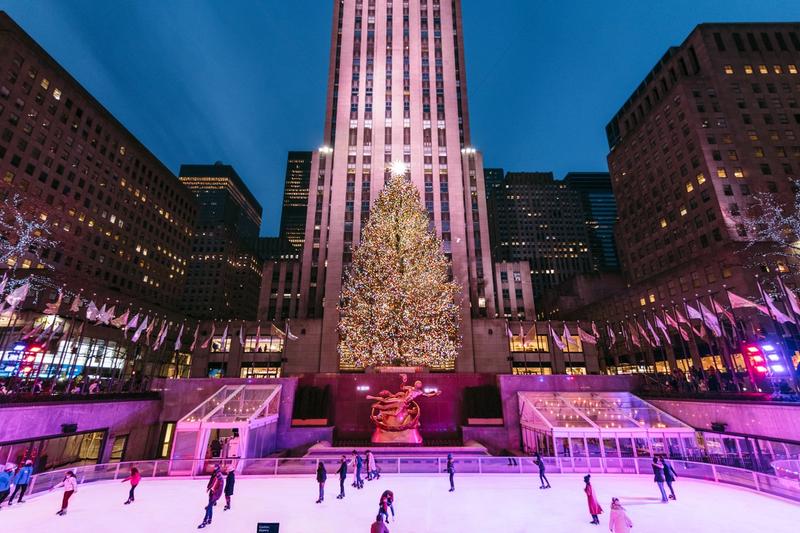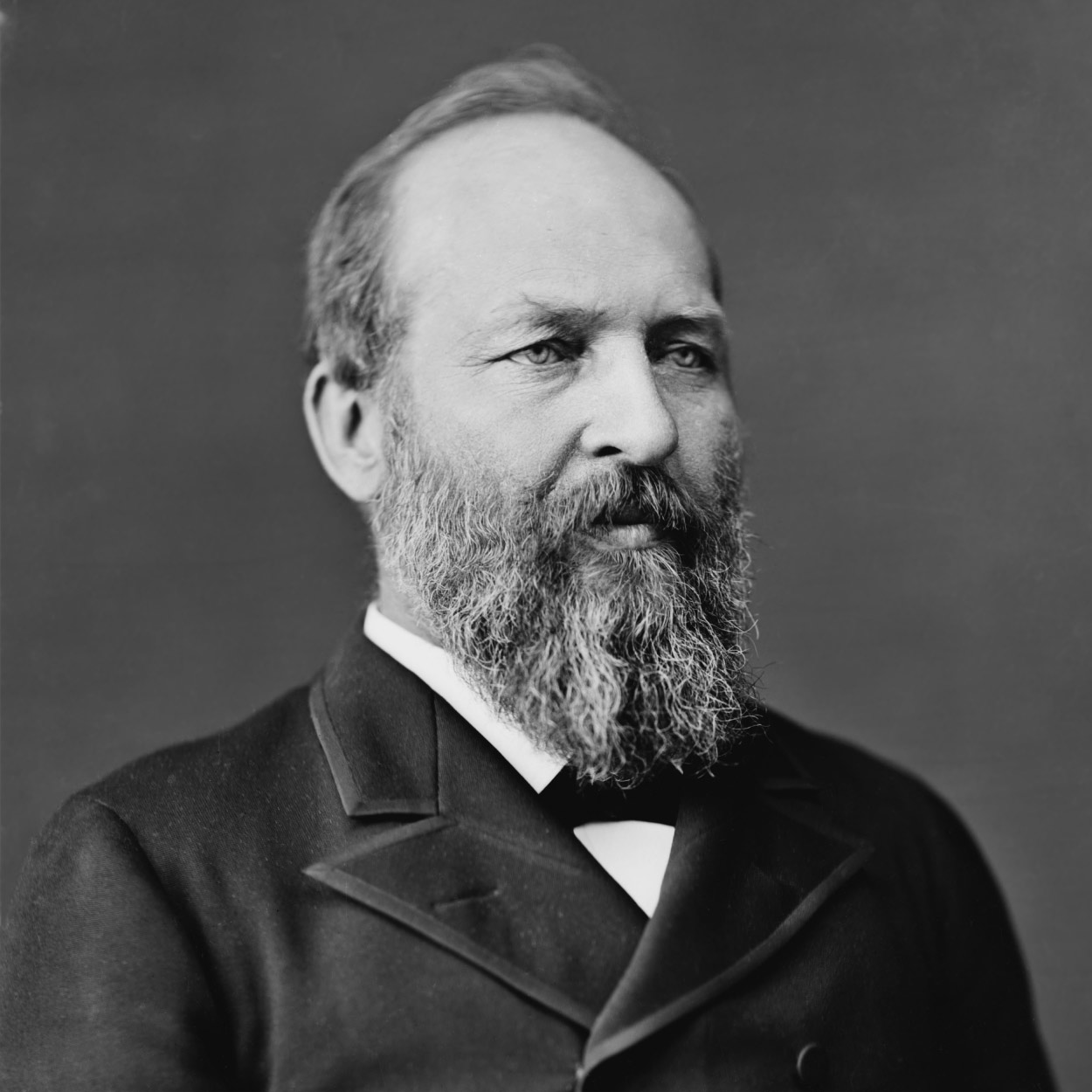The business tycoons of the 19th century were often thought of as Captains of Industry, though some people referred to them by this more offensive term.
Robber Baron
Sailing into the New York City Harbor, arriving immigrants were treated to the sight of this famous statue.
The Statue of Liberty
Union
Gilded means to cover something in a thin coating of this precious metal.
Gold

This center in New York City, named for a 19th century businessman, includes a large Christmas tree, ice skating rink and the NBC studios, including Saturday Night Live.
Rockefeller Center
When a company controls an entire market and has no other competitors, they man run afoul of these laws, also the name of a board game.
Monopoly Laws
Immigrants arriving in NYC stopped at this island for processing.
Ellis Island.
Males as young as 8 years old worked in the mines removing impurities from chunks of coal.
Breaker Boys
These were the three main industries of the late 19th century.
Oil, Steel & Railroads.

This university, founded in 1873 to help heal the wounds of the Civil War, was initially endowed with $1 million by this 19th century businessman.
Vanderbilt
This man founded Standard Oil in 1870, which controlled 90% of all US oil refineries by 1890.
John D. Rockefeller
A law passed in 1882 and continued until 1943, effectively ban all immigrants from this Asian nation.
China
These two immigrant groups were responsible for building the Transcontinental railroad.
Chinese & Irish.
This government agency was created in 1906 to ensure the products Americans consume are safe
FDA (Food & Drug Administration)

This concert venue is a large hall located in New York City, named after this 19th businessman.
Carnegie Hall
This man from Scotland used the Bessemer process to make steel efficiently, making him a steel tycoon and one of the wealthiest men in America.
Andrew Carnegie
An influx of this immigrant group surged in the 1840s due to a potato famine in their home country.
Ireland
Upton Sinclair exposed the dangerous and unsanitary conditions in the meatpacking industry in this book.
The Jungle
This poem, written by Emma Lazarus, includes the iconic phrase, "Give me your tired, your poor, your huddled masses yearning to breathe free"
The New Colossus
/mark-twain-portrait-683484482-5a99becbc064710037d46dbd.jpg)
This man, known for writing The Adventures of Tom Sawyer & Huckleberry Finn, also coined the term, "Gilded Age" to define the late 19th century
Mark Twain
This family, which includes CNN's Anderson Cooper, gained their wealth through shipping and railroad empires. There Biltmore estate is the largest and privately owned home in America at 178,000 square feet.
The Vanderbilt Family
During the late 19th & early 20th century, most immigrants who arrived in America came from which continent?
Europe
During the 1800s, the work day could last as long as 10-12 hours a day, 6 days a week, though a law passed in 1940 lessened the total work week to this many hours.
40 hours
This two-word term is used to describe the monetary differences between the upper class and the poor, which grew dramatically during the Gilded Age
Wealth Inequality (Wealth Gap)

This President was assassinated in 1881, the second US President to be assassinated.
James A. Garfield